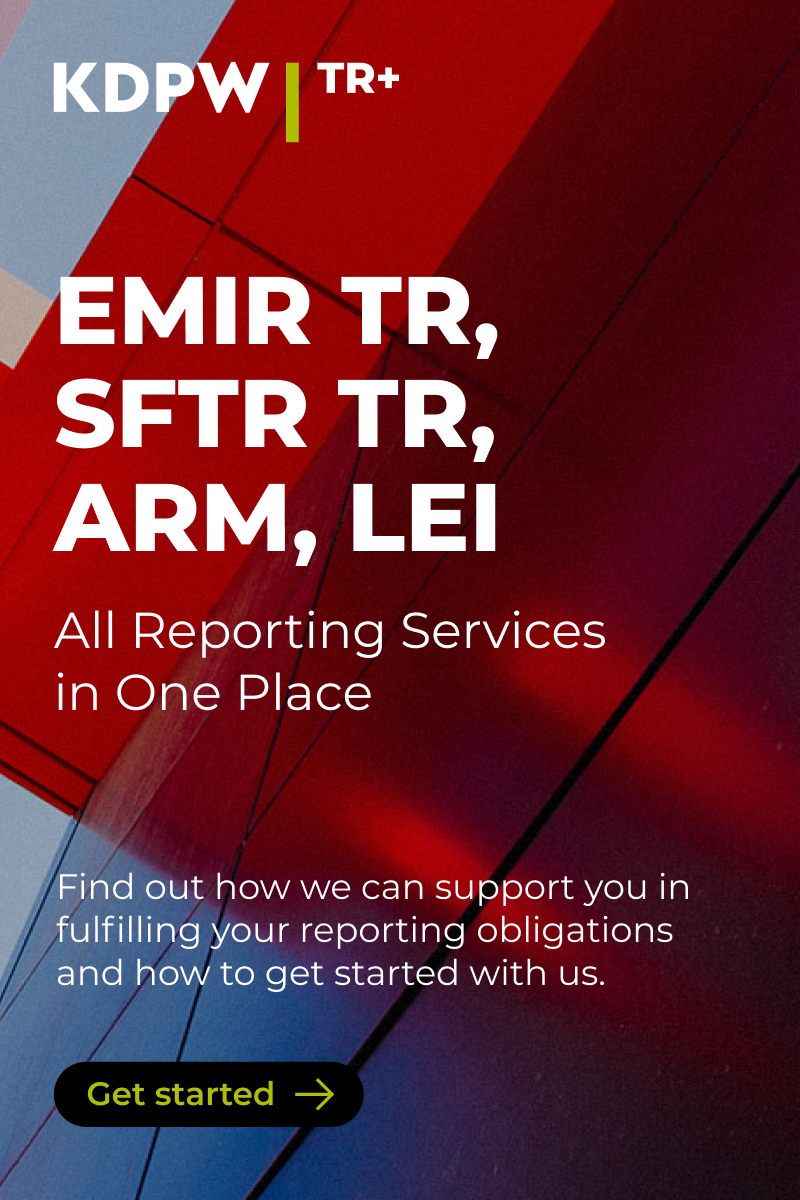A large number (81 percent) of asset management firms are unprepared to comply with the Uncleared Margin Rules (UMR) despite deadline extensions to September 2021 and September 2022, according to a new survey by State Street.
Preparedness was measured by the perceptions, plans and readiness of 300 asset managers and allocators in 16 countries.
Of those surveyed, 86 percent of respondents were preparing for either a phase V (September 2021) or phase VI (September 2022) deadline, as many more buy-side firms are set to be included in the scope of UMR in the next two years.
Only 19 percent of firms in the preparation stage cited they were fully prepared for compliance, with 39 percent only just beginning preparations in a few areas.
Almost 80 percent of firms stated they are struggling to agree on an approach on how to settle segregated collateral with counterparties. Those who had agreed generally chose third-party custody with account control agreements.
Many firms are currently using mitigation strategies and third-party involvement to address the burden of UMR compliance, with a combination of in-house capabilities and outsourced third-party operational expertise.
Nadine Chakar, head of global markets at State Street, commented: “UMR signifies a major change in the industry that aims to bring greater stability and transparency to the over-the-counter derivatives market.”
“As we approach the deadline for the next phase, it is critical for buy-side firms of all sizes to be aware of the pending requirements and to not only effectively manage, but optimise, their liquidity and collateral needs with the right solutions and technology in place,” Chakar added.
Gino Timperio, head of funding and collateral transformation at State Street, continued: “The key to any regulatory compliance is to look at all the requirements and objectives holistically.”
“Recent market volatility underscores the need to consider collateral, funding and liquidity at a firm-wide level, and buy-side firms should adopt a strategic approach to UMR compliance, with the right external support to manage some or all components of the process.”
UMR was originally introduced in 2008 to reform the over-the-counter derivatives market following the global financial crisis.



